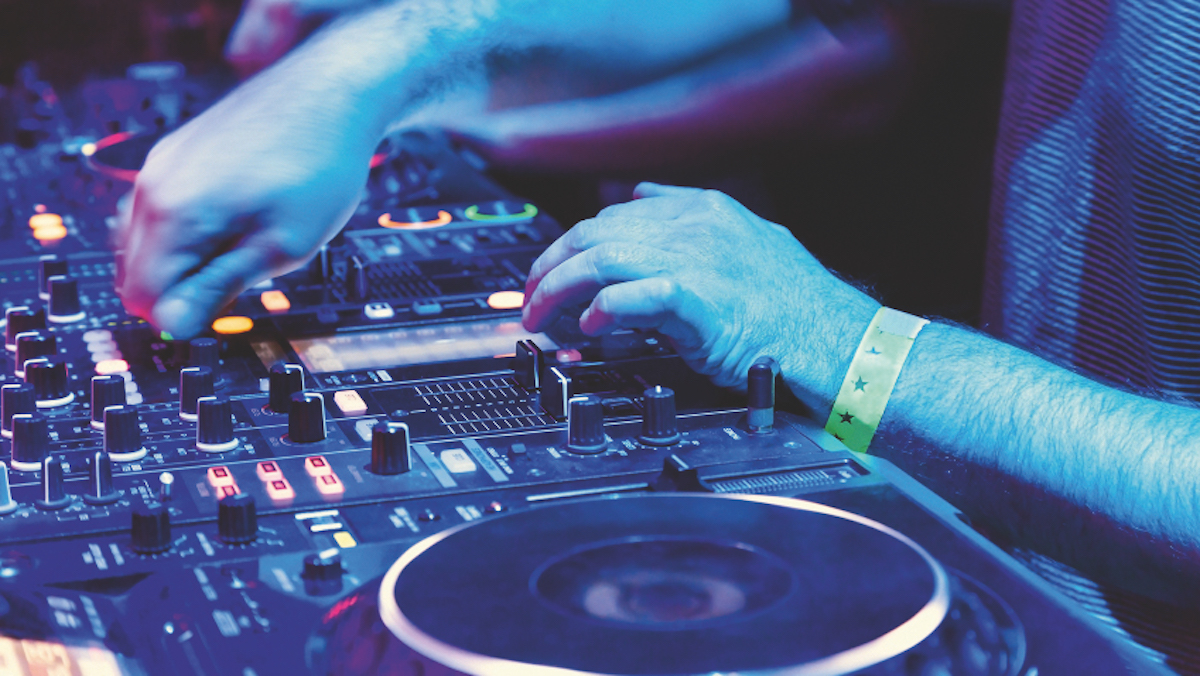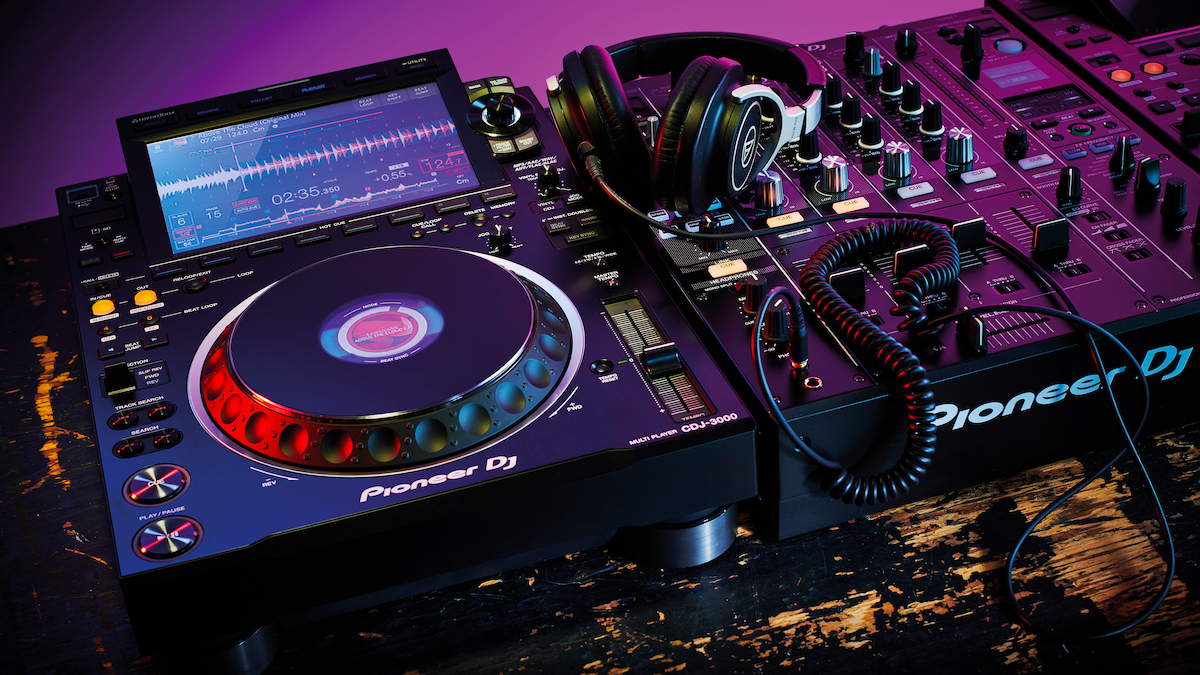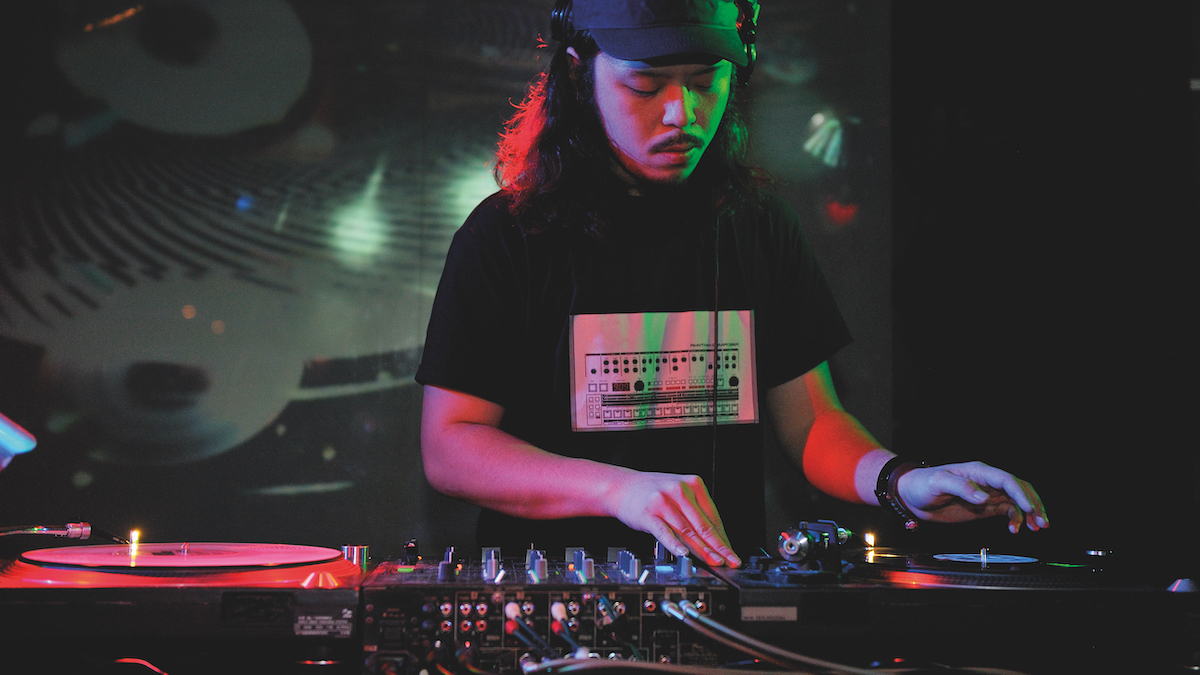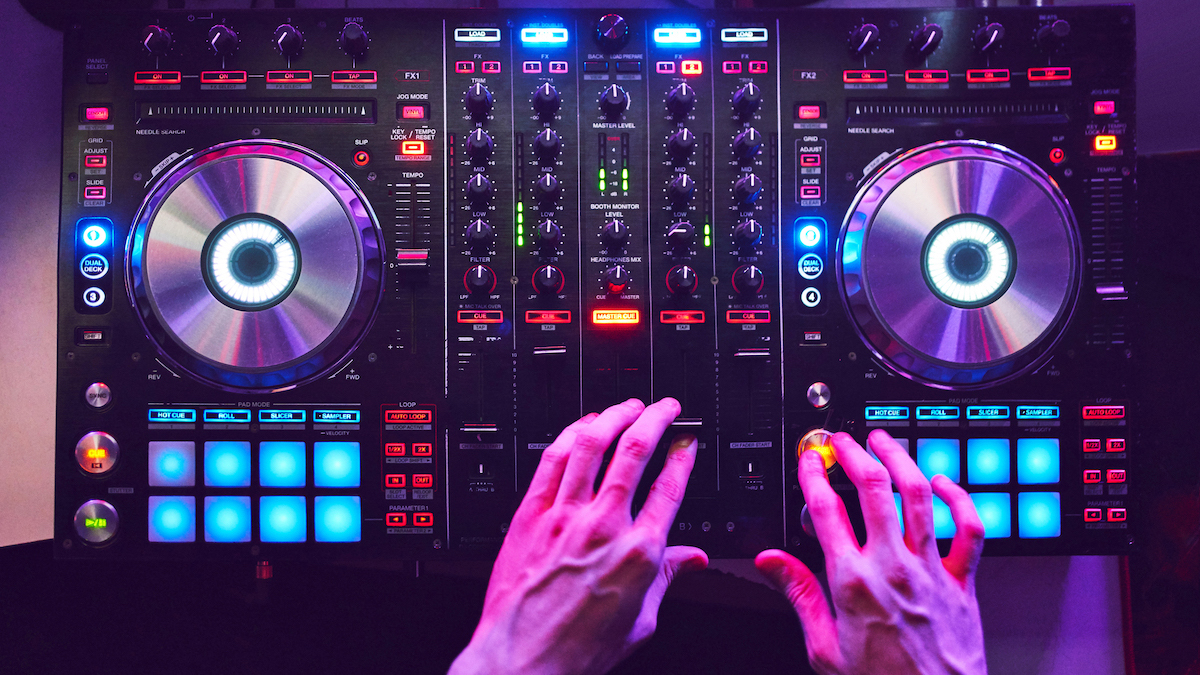7 things to consider before your first DJ set: “You might be surprised at just how different your music can sound on a big club sound system”
Prepping for your first-ever DJ slot? Aside from the music, there’s a few other things you need to consider ahead of time so you can step into the booth with confidence

The first time someone actually pays you to play in front of an audience is one of the most exciting and important moments in a DJ’s career. It’s validation for all those hours of practice at home as well as a chance to finally use all those skills you’ve been working on, to showcase your tune selection and mixing prowess, and to take part in what is widely acknowledged as one of the best jobs in the world: DJing.
It’s definitely something worth celebrating, but it might also be a daunting prospect too. DJing in front of an actual crowd of living, breathing, reacting human beings is an experience that no amount of practicing at home can prepare you for, and that sometimes throws up situations you were never expecting. So we’ve put together a checklist of things you might want to consider before you press play on the first tune of your first set…
1. You’ve never heard your music on a big system before
If you’ve only ever heard your music collection on your DJ headphones or over your speakers at home, you might be surprised at just how different it can sound on a big club sound system or drifting across an outside space at a festival. Different systems will emphasise different frequencies in the music and many DJs have been caught out thinking they’ve put on the wrong tune by mistake, when actually it just sounds extremely different to how it sounded at home.
And while it might seem obvious to state that the music in a club is going to be loud, again, if you’ve only ever DJ’ed at home, doing it on a big rig can throw you the first time. Even with excellent closed-back headphones, you’ll still likely be able to hear - and you’ll definitely be able to feel - the low end of whatever tune is playing over the main system in a way that you just can’t replicate at home, and which at first can be a little off-putting as you try to beat-match and mix. Experience will eventually make all this seem perfectly normal, but it can be a surprise the first time.

2. The equipment may be unfamiliar
You might have learned the ropes on your DJ controller at home, or on an older version of CDJs, and then when faced with a fully-specced Pioneer pro club set-up suddenly find yourself feeling a little out of your depth. In this situation, always remember that the basic skills of club DJing are transferable no matter what the actual set-up is, and on the vast majority of gear, the basic stuff that you’re going to need to get started like the volume, cue buttons, headphone volume and so on are all going to be pretty easy to find. And if you can't find them immediately, refer to point three…
3. It might be dark
Again, it sounds obvious, but DJ booths are often extremely dark and if you’re struggling to find how to switch off the FX on an unfamiliar mixer or plug a piece of gear in when there are only 30 seconds left on the outgoing track, then the torch on your phone could be a lifesaver.
Likewise, you’re not going to drop your USB often, but if you do, you’ll be surprised just how easily it can completely disappear - in a tiny DJ booth where you’d think there really wasn’t anywhere it could disappear to - in the heat and pressure of your peak-time set. Using the flashlight on your phone is the fastest way to drain its battery and you might need an Uber in a few hours, so maybe include a little torch in your DJ accessories kit.
Get the MusicRadar Newsletter
Want all the hottest music and gear news, reviews, deals, features and more, direct to your inbox? Sign up here.

4. What time are you on?
The time that you’re booked to play will likely influence what you play. If you’re on at 1am between two huge headline DJs then you’re clearly going to be expected to drop a jaw-dropping, eye-popping peak time set. And equally, if you’re first on at 10pm, then something a little less intense and a little more welcoming might be more appropriate. It can be super-tempting to use your first club gig to show off your mastery of the peak-time set and your collection of huge bangers and massive classics, but depending on what time you’re on - and indeed the kind of night it is - it might be more appropriate to play a set that gently warms up the room and gradually increases the atmosphere. So it’s always worth bearing in mind what time you’re on and what the club is actually going to be like when you hit the decks.
5. You may need additional skills
Your job, obviously, is to select brilliant music and mix it together for your dancers, but DJing is a role that involves interacting with a huge range of people, so some kind of social skills are ideal, even if they don’t particularly come naturally to you. Many DJs are hugely sociable ‘party-animal’ types, but there are plenty who are more introverted, happy to be in the party but also happy to be behind the decks rather than in the thick of it. There’s definitely room for both types, but wherever you fall on the spectrum of sociability, it’s worth bearing in mind that in the course of your first gig you might need to chat with cab drivers, security staff, promotors, club owners, bar staff, other DJs, drunk/substance-compromised people, maybe a sound engineer, and, if you’re very lucky, maybe even fans.

6. Is new always best?
A common first-gig temptation for newbie DJs is to only play brand new and promotional stuff, perhaps to appear upfront, or more often, just because the newest stuff is often the most exciting to us DJs. While the unique music that a DJ has sourced is a big part of their appeal, keeping the balance between new and known music is a familiar task to all club DJs.
Your first gig might be a chance to play a set of brand new unheard material, but sometimes it might also require you to slip in some well-known tunes, too. Every DJ who’s played a few gigs will likely tell you that they love playing new stuff but that there’s no denying the power of a much-loved classic dropped at the right time, so keeping a balance of new and old on your USBs is always a good idea.
7. There will be surprises
Tunes that you know are just killer fall flat, a new release that you weren’t sure about turns out to be the track of the night, that leftfield swerve into early 2000s minimal that you instinctively took was what everyone talked about afterwards… you just never know what’s going to happen when you play a DJ set. You can research, dig for the music, practice at home, put together mixtapes, listen to other DJs, and then head out to your gig pretty confident that you know what’s what - and then in the first couple of tunes you can find yourself completely surprised and confounded by what’s working or what isn’t. It’s just one of the many bullet points that come under the heading ‘Why DJing is such an exciting job’!
Related content
- Best DJ laptops: PC and Mac options for the booth and beyond
- Best DJ mixers: top choices for club, home and battle DJs
- Best DJ speakers: recommended monitors for home and the DJ booth
Harold Heath is a UK music writer and author. A DJ since the late 80s, Harold also produced a few hundred singles and remixes and two artist albums, and worked as a performer, ghostwriter and music-technology teacher. His first book Long Relationships: My Incredible Journey From Unknown DJ to Smalltime DJ was published in 2021.
“I’m looking forward to breaking it in on stage”: Mustard will be headlining at Coachella tonight with a very exclusive Native Instruments Maschine MK3, and there’s custom yellow Kontrol S49 MIDI keyboard, too
It’s time to finally ditch those cables: SonicLink from AlphaTheta is here, and it will most likely change your life










